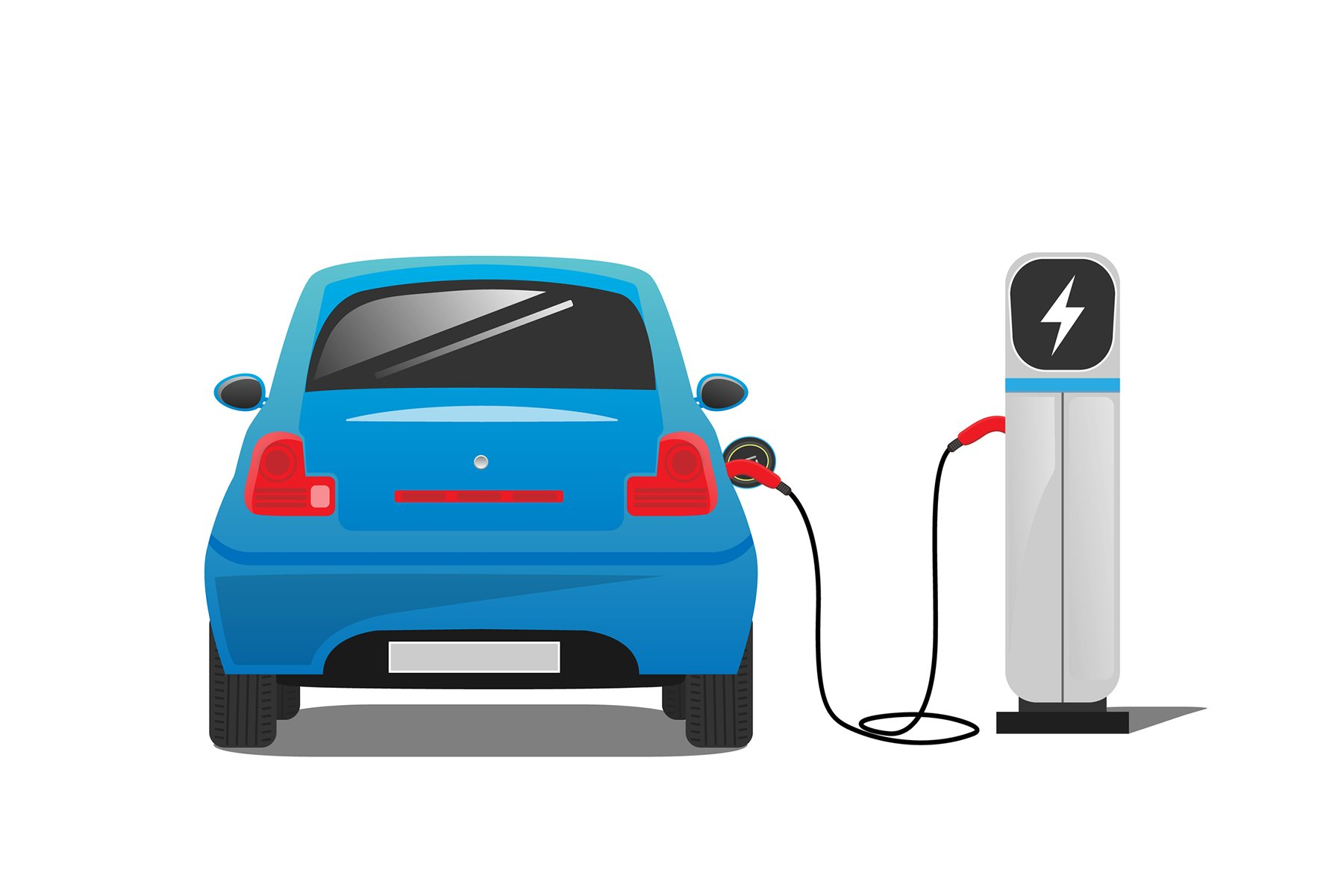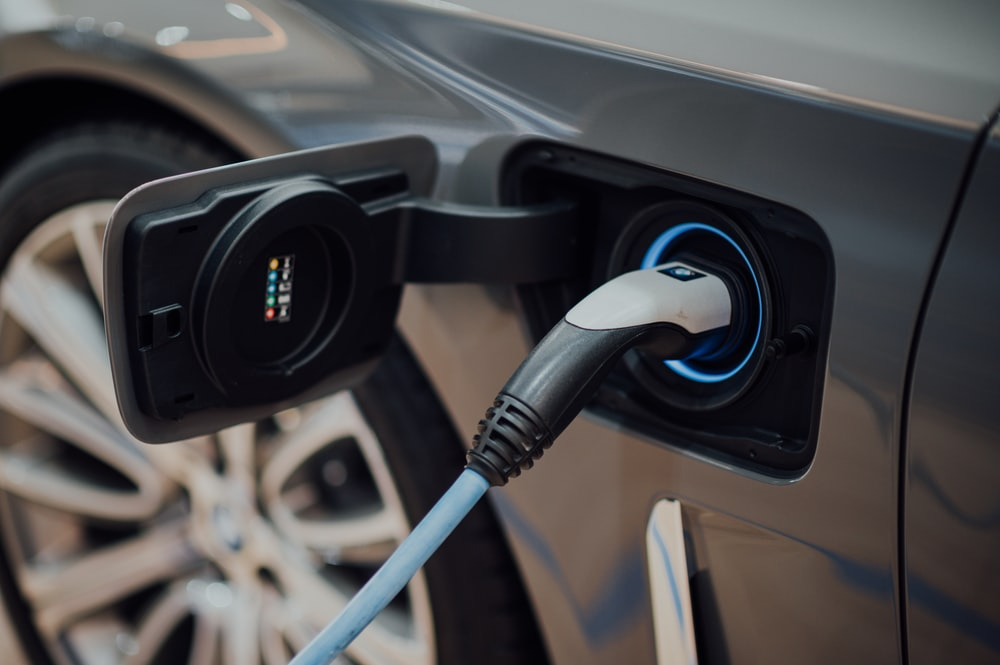How to calculate ev charger c factory power?
What is the power of the electricity meter to charge an electric vehicle in a house?

Having enough contracted power to charge your electric vehicle with ev charger c factory is a concern for many electric vehicle users. This article answers the most frequently asked questions:
- Which power to choose for my charger?
- What is the rate I need to charge an electric vehicle in my home?
- What meter power is needed to charge an electric vehicle?
- Moreover, what are the solutions to prevent the electricity meter from increasing in power?
The best solution to find out if your ev charger c factory can support a charger for electric vehicles, is to make a technical visit. It is possible with electricians specialized in charging electric vehicles.
What is the power for a charging station for electric vehicles?
Powers of chargers
The charging stations in the home, also call “ ev charger c factory ”, can charge different powers: 3.7 kW, 7.4 kW, 11 kW or 22 kW.
Ev type chargers use alternating current (AC), unlike quick chargers comes in service areas that use direct current (DC).
The 3.7 kW and 7.4 kW chargers are connected in single-phase, and the 11 kW and 22 kW chargers are connected in three-phase. And this is important to distinguish to understand what follows.
What is the power of an energy meter?
The Powers of an Energy Counter
The power of the ev charger c factory , also call contracted power, is the maximum electrical power you can use in your home. If you exceed the power of your meter, the electrical panel “goes down”. Counter power comes in kilovolt-ampere or kVA. For a better understanding, let's assume that one kilovolt-ampere equals one kilowatt, so 1 kVA = 1 kW!
If necessary, you can ask to change the power of your contracted power when you install a charger.
How to calculate ev charger c factory power?
The power of your meter, also famous as “contracted power” or, for many customers, “EDP tariff” because in fact, each contracted power corresponds to a different tariff. To change the power, you will also change this tariff.

The higher the contracted power, the higher the tariff price: from 44.96 euros per year for 1.75 kVA to 422.67 euros per year for 20.7 kVA at EDP.
The contracted power of your meter is usually indicated on your electricity bill. You can also order directly from your electricity supplier by contacting them by phone or in their customer area.
Ev charger c factory meter in single-phase or three-phase
Electricity meters are easy to connect to the network with a single phase, namely single-phase, or with three phases, call three-phase. Three-phase connected meters can deliver higher power.
What contracted power to charge an electric car?
In general, the power common for the equipment in your electrical installation must be less than the power of your energy meter. If the power common in the appliances in the house exceeds the contracted power, the electrical panel goes off.
Therefore, the wattage of your energy meter must be at least greater than the wattage of the ev charger c factory you want to install. If installing a 7.4 kW charger, you need at least a power of at least 10.35 kVA.
Caution: To install an 11 kW or 22 kW chargers, its energy meter must be three-phase and must have a higher power than the charger.
To know which contracted power to choose, you must choose at least the power higher than the wallbox you want to install:
However, it is not always enough. We will explain it to you below!
Do I need to increase the power of my meter to charge my electric vehicle?
Your charger is not the only source of electrical consumption in your home, all electrical appliances and electrical heating consume as well. The power of an electric oven is between 2 kW and 2.5 kW, the power of heating and an electric water heater can exceed 5 kW in a house.
If you want to charge your car and use your electrical appliances at the same time, you must have a ev charger c factory greater than the addition of all these consumptions.
How do most people use ev charger c factory?
Most people charge their electric car at night, when the other appliances turn off. If you charge at night, it is not always necessary to provide an equal electrical power.
Therefore, the decision to install ev charger c factory becomes a natural thing. When we're a bit of a do-it-all, we might tempt to do the installation ourselves. But do we have the right to install a charger ourselves? How to make? We tell you everything!
Installing ev charger c factory ourselves: the regulations
In USA, the reference text for the installation of electric vehicle chargers is the Technical Guide for Electrical Installations for Powering Electric Vehicles. The guide defines the rules that the installer must follow in order to comply with international standards.
Installation by a professional or a specialized technician is important for several reasons.
First, with regard to safety, a specialized technician knows the regulations in force. He knows the type of material that must install and does this type of installation every day. Your experience is a big advantage.
Also, in terms of guarantee, it is better to resort to a specialized ev charger c factory professional. In China, the material has a minimum guarantee of 2 years and one year for installation. This means that if you have a problem after installation, you are guaranteed it will be easy to solve.
How to install ev charger c factory?
Finally, if you want to install a charger in your parking place in your community, many administrators condominiums ask for certified technician. The document certifies that the installation complies with international standards.
Installing an electric car charger at home: the different solutions
For the installation of a charger it is important to call a specialized electrician.
Ev charger c factory is recent and quite complex equipment. It is important to use a specialist to ensure that your charger works properly.

